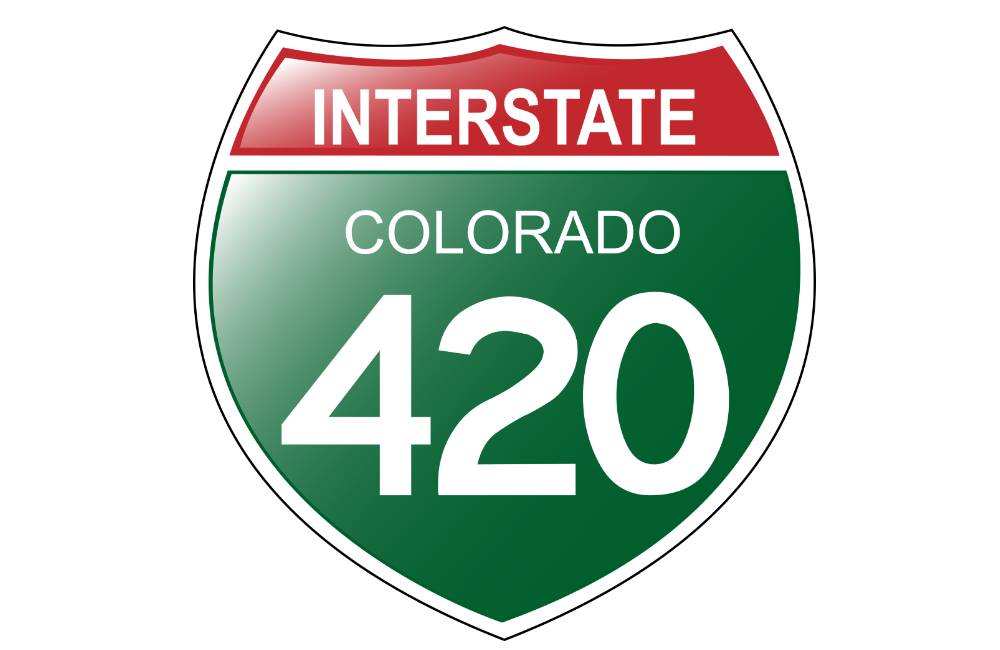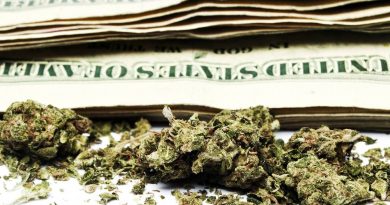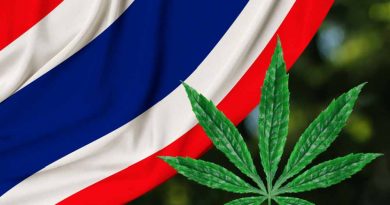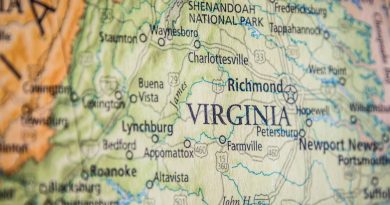No Marijuana-Related Crime Wave in Colorado, New Report Shows
So much for the marijuana-related crime wave that anti-cannabis legalization groups feared would happen in Colorado.
Colorado was among the first states to begin sales of recreational marijuana, starting in 2014. Before sales started, in 2013, the state Legislature asked the Colorado Division of Criminal Justice Office of Research and Statistics to do a report in 2018 on the impacts of legalization.
That report came out recently. It found that not only have marijuana arrests dropped significantly, but DUI arrests have also dropped. The report shows that the state has aggressively pursued black market marijuana operations, including making large seizures of marijuana plants grown on public lands.
The report’s authors went to great pains to say the data should be considered baseline and preliminary because there is not enough historical data to make in-depth comparisons.
They also wrote that changing attitudes toward marijuana can impact data. “For example,” they wrote, “the decreasing social stigma regarding marijuana use could lead individuals to be more likely to report use on surveys and also to health workers in emergency departments and poison control centers, making marijuana use appear to increase when perhaps it has not.”
No Marijuana-Related Crime Wave
The statistics from the report on marijuana use included the following.
- Total marijuana-related crime arrests decreased 52% between 2012 and 2017, from 12,709 to 6,153. Arrests for marijuana possession – which accounts for the majority of marijuana arrests – were cut in half.
- The number of marijuana‐related court filings declined 55% between 2012 and 2017, from 11,753 to 5,288.
- The total number of DUI citations issued by the Colorado State Patrol (CSP) decreased from 5,705 in 2014 to 4,849 in 2017.
- The number of fatalities in which a driver tested positive for Delta‐9 THC at or above the 5.0 ng/mL level – considered a level signaling impairment – declined from 52 (13% of all fatalities) in 2016 to 35 in 2017 (8% of all fatalities).
Going After the Black Market
In an indication of how vigorously law enforcement is targeting black market marijuana product in Colorado, the number of marijuana plants seized on public lands increased by 73% between 2012 and 2017. In 2017 alone, authorities seized 80,926 plants.
The number of seizures of marijuana from Colorado going to another state – another aspect of black-market activity – also increased dramatically. There were 286 such seizures in 2012 and 608 in 2017.
Adult Use of Marijuana
While the crime numbers have mostly stayed flat or decreased, many have speculated on whether adult use of marijuana would skyrocket.
According to the report, they have increased, which is what you would expect with recreational marijuana now legal. For example:
- In 2017, 15.5% of adults reported marijuana use in the past 30 days – that number was 13.6% in 2014
- In 2017, 7.6% reported the daily or near daily use of marijuana – that number was 6% in 2014
- Males reported higher use in the past 30 days than females, by 19.8% vs. 11.2%
The report said there has been no significant reported increase in marijuana use among teenagers, based on the findings of two surveys of Colorado school students. Also, the number of juvenile marijuana arrests decreased by 16%, from 2012 to 2017.
Students reported that alcohol is the most common substance they had tried (at 59%), followed by e-cigarettes (44%) and marijuana (35%).




